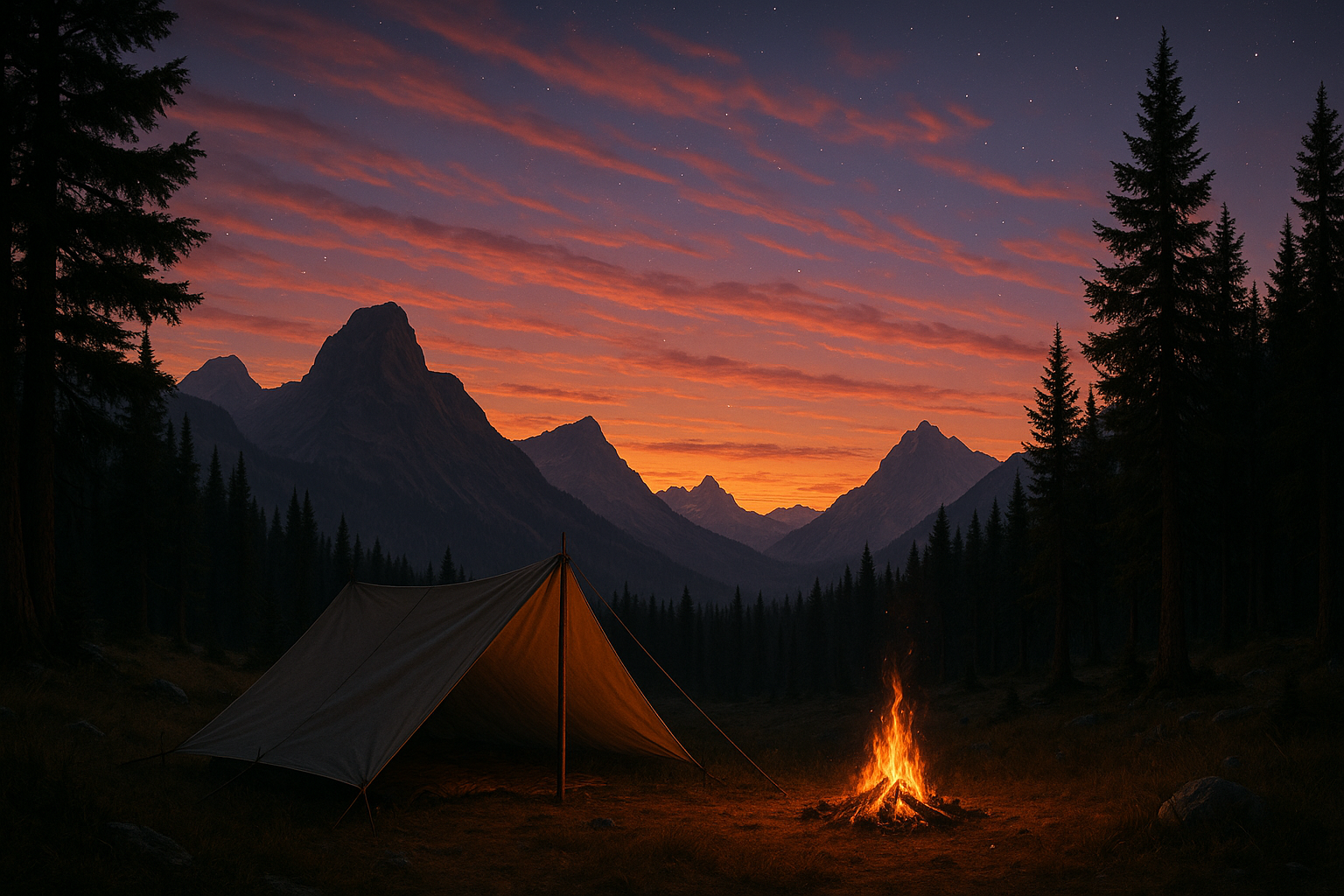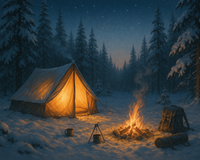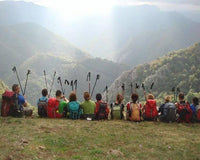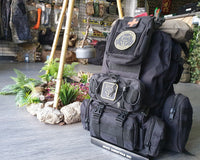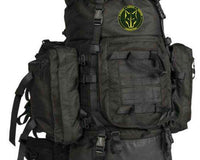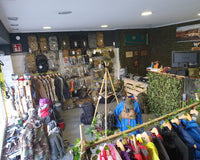Do you have your PLAN?
We usually have a PLAN for almost everything... to get our dream job, to have a family, to spend a vacation, to win over a partner, even to spend a weekend with friends.
We make plans continuously.
And why not have a PLAN in case of an emergency in the wild, so we know what to do or how to react, and get out of it in the best possible condition, both for ourselves and for those who may be with us.
To remember what we should do in an emergency situation, the acronym PLAN corresponds to an action we should take into account. (We can consider this a mnemonic.)
PLAN
P – Protection or protecting ourselves:
In case of loss or an accident with someone injured in the group, if we have to wait for aid or rescue teams, the first thing we should do is protect ourselves and the members of the group. What should we protect ourselves from?
- Inclement weather
- From the land
- Slopes with possible landslides
- Flood zones in case of rain
- Of the fauna
It's best to stay at the same location where the emergency occurs. If you've informed friends or family about the route or activity you're planning and the area, rescue teams will be able to narrow down the search area more quickly, saving you crucial time.
But if the area we're in doesn't meet the minimum conditions necessary for a safe overnight stay or bivouac, we should look for a safe place as close as possible to our starting point, or within sight, so that if we see anyone or rescue equipment, we can get there as quickly as possible.

L- Location:
The most important and urgent thing in these situations is to call 112 to report our situation, location (if we know it) or the area where we are lost, the route we were following when we got lost, the number of injured people, if any, and their condition.
- Place visual signals, which may be daytime or nighttime
- Daytime:
- Signage panels.
- Aluminized emergency blanket.
- SOS signals with branches or stones
- Piles of branches and stones in groups of 3
- Nocturnal
- Groups of 3 flashlights or chemical lights
- Triangle with HLZ (Helicopter Landing Zone) lights
- Three small campfires (safely)
- IR (infrared) lights or beacons
- Daytime:

A- storage
We always have to think ahead, never think that we'll be rescued in an hour or two. We have to prepare in case the situation drags on.
A situation that initially lasted only a few hours can turn into days due to atmospheric changes, access to the area, or various factors.
- Check our food and drink supplies and share them if we are a group.
- Explore the surroundings (without ever leaving sight) to see if the place offers opportunities to collect water or food.
- Check the first aid supplies, never neglect the group's hygiene.
- Start preparing your bivouac, maintain it, and improve it.
N- Never:
We should never give up. The will to survive and turn the situation around must be the main focus of our minds. The most important tools we have in an emergency are our willpower and our minds. People in emergency situations with no knowledge managed to survive thanks to their willpower and mental strength.
But we can also train for this or be prepared to know how to manage it.
- We should never have negative thoughts; it is a temporary situation from which we will emerge victorious.
- Never be too idle. When we are idle, doing nothing, thoughts of our family and children will come to mind: how they will be, whether we will get through this, what will happen, how long it will take to rescue us, etc.
- Never end the day without a small victory. If we're unable to light a fire, whether due to weather conditions, lack of fire-making equipment, etc., we won't give in and exhaust ourselves; we'll move on to something simpler, like our shelter, building emergency signs, or something easy to construct. And all those small victories we accumulate will reinforce the idea in our minds that we're working hard to resolve the situation.
In an increasingly uncertain world, with situations we never thought would happen—pandemics, wars on Europe's doorstep, and financial crises—having a PLAN is no longer just an option.
Do you already have your PLAN?

